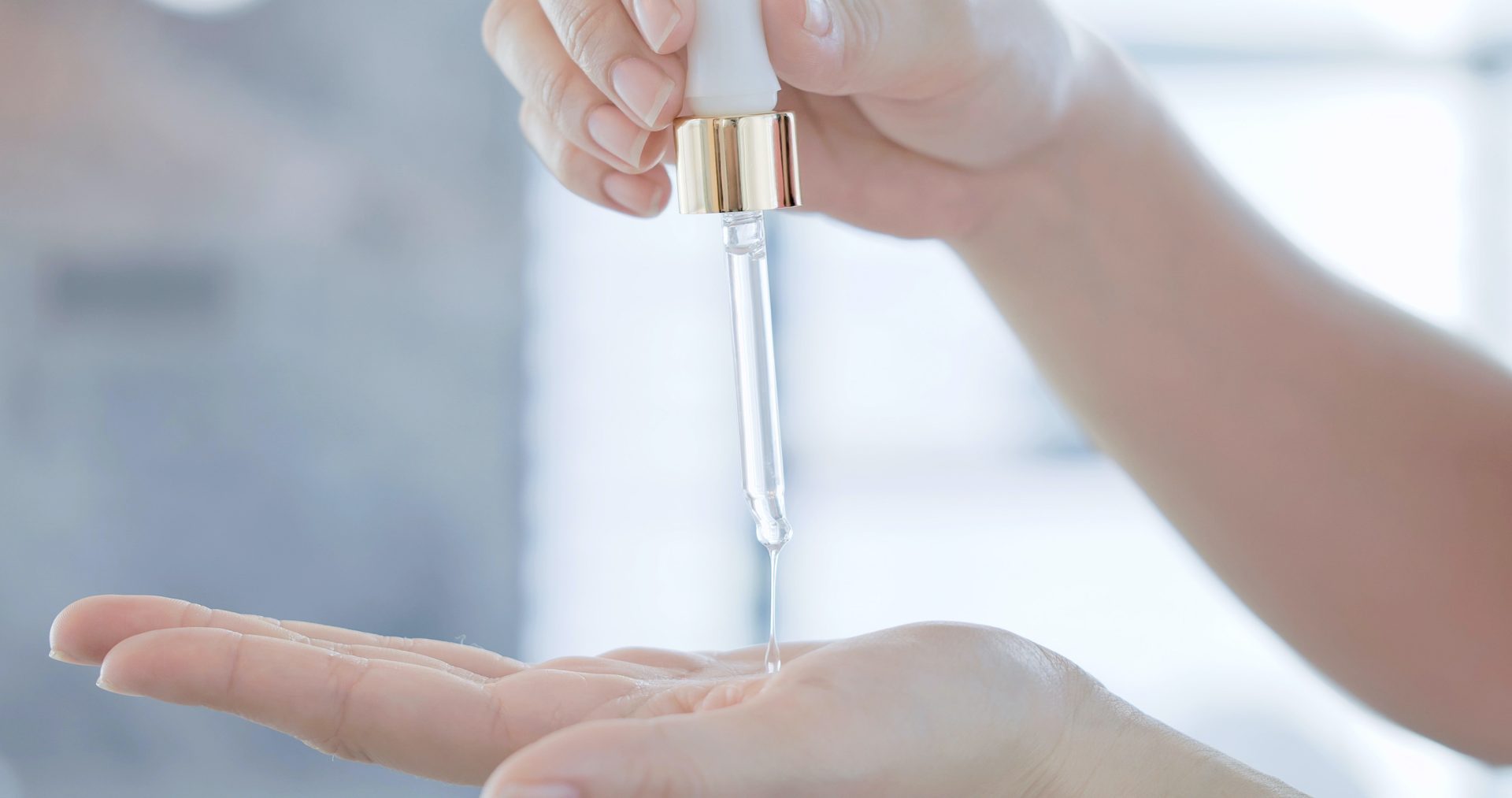
Although you have an internal mechanism for keeping your skin hydrated, it may not be sufficient, particularly as you age. Because of this, many people use moisturizers on the outside of their bodies.
Squalane is a notable moisturizing agent. It’s a great emollient since it resembles your skin’s natural oils. There are different types of squalane which are organic antioxidants with anticancer effects, protecting your skin from cancer-causing toxins.
To What Extent Can Squalane Improve Skin Health?
It’s chemically very close to your body’s oil, called Squalene. This implies it is well tolerated inside your body and can exert maximum therapeutic impact. The skin is the body’s primary protective barrier.
As a result, we are shielded from potentially dangerous substances and pollutants. To achieve their intended results, chemical or synthetic skincare treatments are developed to penetrate the skin barrier. The increased hazardous burden on your body is not mentioned.
However, since Squalane is molecularly identical to Squalene, the skin readily absorbs all of its benefits;
Squalane is a Moisturizer
Including an emollient in your skincare routine can give your skin a youthful appearance and feel. In addition, they aid in the maintenance of skin suppleness. That means it will aid in restoring your skin’s elasticity after ages of sun damage, weather contact, and every other factor that contributes to facial aging.
Squalane Has Antioxidant Properties
Free radicals are defended against, preventing damage to the skin. Your annual checkup is not the only time your doctor will bring them up to frighten you. Unstable atoms called free radicals are to blame for many health problems and the accelerated aging they bring about.
Breakouts Are not an Issue While Using Squalane
Squalane is the best facial moisturizer for delicate or acne-prone skin. None of the other oils compare to the consistency of olive oil. They rest on the surface of the skin, where they attract grime. As a result, your skin pores will be clogged and not hydrated. However, Squalane will not clog your pores because it does not include comedogenic ingredients.
Squalane vs. Squalene: Understanding the Difference
The term bioidentical is often used, but what does it mean? Squalene is a lipid that your body makes naturally. As you age, though, it produces less, with a noticeable decline beyond age 30. Your skin will become dry, rough, and wrinkly as a response. The highest levels of Squalene production are seen in newborns, which explains their exceptionally healthy skin.
Squalene is the secret to babies’ flawless skin. Nevertheless, your body no longer produces sufficient quantities of its spring of youth serum. Because of this, Squalane is essential. It is Squalene’s somewhat manufactured but otherwise natural sibling.
Squalane was first obtained by extracting Squalene from shark livers. Olives, rice, and sugar cane also contain Squalene. However, it must be hydrogenated since it is too unstable to persist. Hydrogenation transforms it into Squalane, which may then be used in cosmetics.
Can Retinol be Found in Squalane?
You won’t find retinol in Squalane. Yet, these two components are often present in the same skin care product or used in tandem. Vitamin A derivative retinol is effective in treating acne and reducing acne scars. Wrinkles and other signs of aging may be reduced, and collagen and elastin production can be boosted as a bonus.
Final Verdict
Reduced squalene production in the body is associated with increased dry skin and hair. However, hydration and moisture levels may be improved with the help of natural skin care chemicals that resemble your body’s natural sebum. This may aid in healing a wide range of skin disorders, from acne to eczema, and lead to noticeably better skin and hair.



















